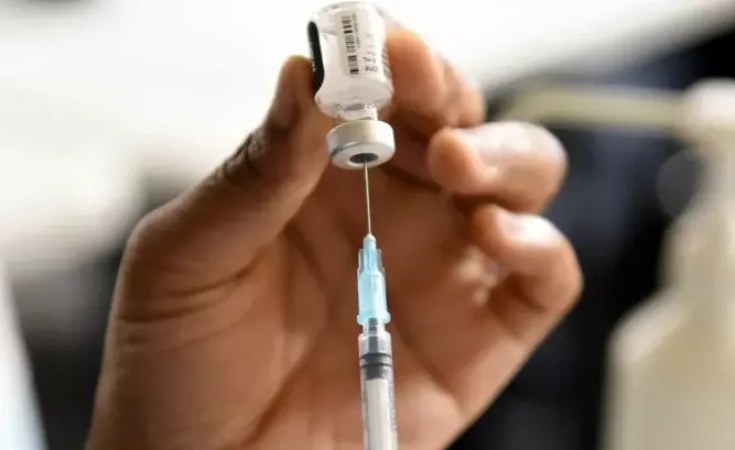IN a groundbreaking effort to counter vaccine misinformation, a free, evidence-based game, 'Cranky Uncle Vaccine', is now available as a mobile app in Tanzania.
The game, created by developers at GoodBeast, equips players with the skills to identify misinformation while building their knowledge of vaccine safety, efficacy and importance along the way.
"In a world overflowing with misinformation, the true vaccine is knowledge; and the tools to discern it are more crucial now than ever before," says Awet Araya, Social and Behaviour Change Manager, UNICEF Tanzania.
'Cranky Uncle Vaccine' was developed as a collaborative effort by UNICEF, in partnership with the Sabin Vaccine Institute; Irimi, a public health behavioural design company; and the Senior Research Fellow Dr John Cook of the Melbourne Centre for Behaviour Change at the University of Melbourne.
Dr Cook developed the original 'Cranky Uncle' game using cartoons, humour and critical thinking to expose the misleading techniques of science denial to build public resilience against misinformation.
The idea of a vaccine version of the game was conceived early in the pandemic by Dr Angus Thomson, Senior Social Scientist at Irimi and Cook when writing UNICEF's Vaccine Misinformation Management Field Guide. UNICEF and Sabin joined the collaboration to develop the game and assisted with tailoring, developing, and testing the game's resonance and relevance to local culture and traditions.
Regional, multi-lingual versions of the game were co-designed in East and West Africa and South Asia, later evolving into country-specific adaptations for Tanzania.
"Games and humour are perfect allies for tackling vaccine misinformation," says Cook.
"They are interactive, engaging, and can be scaled up to reach enough people to make a difference in building resilience against misinformation."
'Cranky Uncle Vaccine' centres around a character called 'Cranky Uncle' (an archetypal science-denying individual) who insists he knows better than the world's scientists, and a health worker who shares factual information on the safety, efficacy, and importance of vaccines.
Throughout the game players are mentored by the Cranky Uncle character, who teaches them different misinformation techniques ('tricks') that he uses to mislead people about vaccines.
"The game is evidence based, starting with the literature review conducted which identified and classified the top 10 fallacies used globally to push vaccine misinformation," says Dr Kate Hopkins, Director of Research in Sabin's Vaccine Acceptance and Demand Initiative.
The team worked with end users-young people, community health workers and parents/caregivers-to discuss and localise the script and characters to their context and ensure that the final content is culturally relevant.
A pre- and post-game play survey was administered as part of the pilot studies. "This exciting programme is about taking the initiative and getting out ahead of this challenge, rather than always being on the back foot.
We want to vaccinate people against vaccine misinformation," says UNICEF's Surani Abeyesekera who specialises in Social, and Behaviour Change with the Immunisation Section in New York, HQ.
Results have shown that 'Cranky Uncle Vaccine' is effective in helping users discern vaccine-related misinformation from vaccination facts.
A global dashboard, engineered by GoodBeast (who also developed the mobile app) and supported by UNICEF, tracks data analytics. 'Cranky Uncle Vaccine' which also rolled out in Ghana, is being tested in other countries including Rwanda and Pakistan for roll out in 2024, and will be scaled programmatically, embedded in the ongoing immunisation activities of local UNICEF offices, Ministries of Health, and community-based organisations.
It is available in multiple languages (French, Kinyarwanda, Kiswahili, etc.). To ensure equitable access and to narrow the digital divide, the game is also being optimised for low-bandwidth devices (not only as a smart phone application).
Apart from the WhatsApp chatbot and a voice based platform, the game can be accessed on the Internet of Good Things [IoGT] and as an offline print version.


